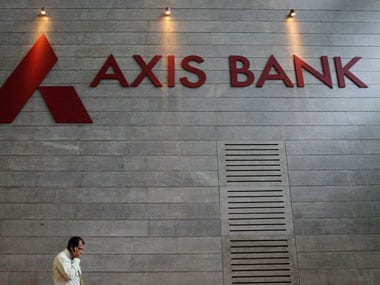Contrary to the assurances by the government and RBI, indications are long-term interest rates are on an upward trajectory.
Yes Bank became the first bank in the country to raise interest rates on loans and fixed deposits in the wake of moves by the Reserve Bank of India to bolster the ailing rupee.Yes Bank also raised the base loan rate by 25 basis points and fixed deposit rates by 25 to 50 basis points, effective Thursday.
Even rival Axis Bankraised interest rates on fixed deposits by 50 basis points to 400 basis points across tenors, effective immediately. The bank, the third largest private lender, did not raise loan rates.
According to this Economic Times report,smaller banks such as Development Credit Bank and Ratnakar Bank have also raised deposit rates to attract retail depositors.
[caption id=“attachment_1002805” align=“alignleft” width=“380”]  Reuters[/caption]
Analysts said they expect other banks that rely on short-term funds may soon also raise rates.
Even rating agencyIndia Ratings & Research recently said the banking system’s dependence on short-term liabilities has grown to a point where refinancing pressures could hurt margins, unless it is rebalanced.
The central bank earlier this month took steps to squeeze rupee liquidity out of the banking system. However, the rupee has since fallen more than 2 percent, indicating that measures to contain liquidity could stay in place longer than expected.
After the monetary policy review on Tuesday, bankers had at a press conference said that there is no case for an immediate increase in interest rates. The finance minister and prime minister had also assured that RBI’s actions were not intended to push up long-term interest rates.
However, these developments on the rate front are contrary to this. Whether the government will allow public sector banks to raise interest rates is a different ball game altogether but the current trend in the economy is that of a rising interest rate.


)
)
)
)
)
)
)
)
)



